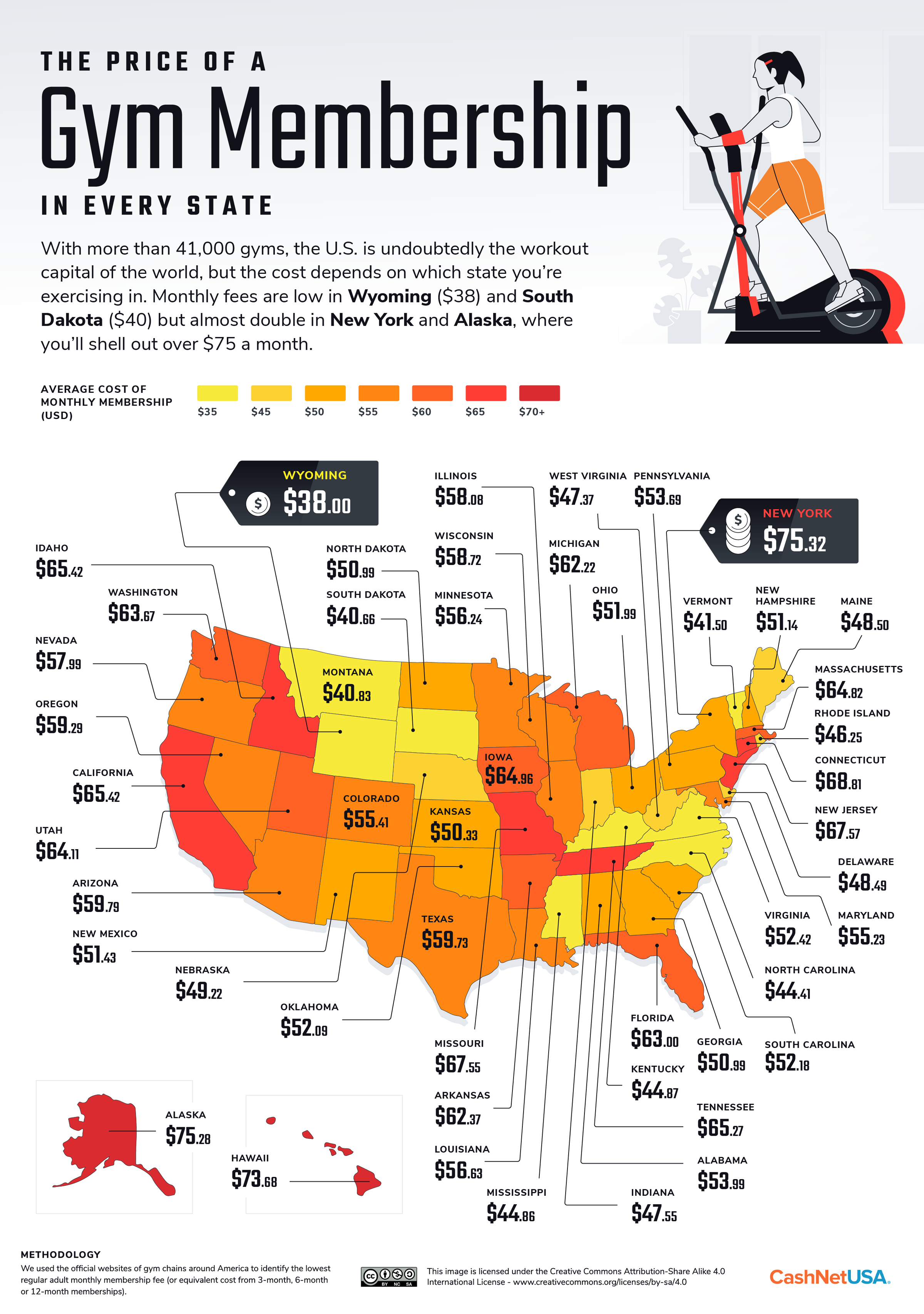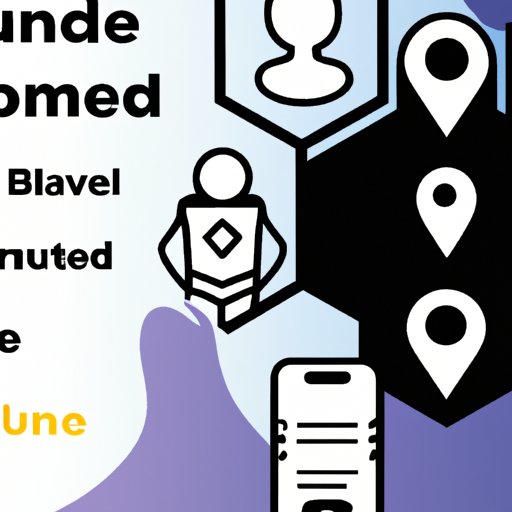Business Degree Timeline: Complete Guide to Program Duration
Understanding business degree timelines
Pursue a business degree represent a significant investment of both time and resources. The duration of a business degree program vary substantially base on several factors, include the degree level, program format, and your personal circumstances. Understand these timelines can help you plan your educational journey efficaciously.
Associate degree in business
An associate degree in business serves as an entry point into the business world and typically require less time commitment than higher level degrees.
Standard timeline
Most associate degree programs in business take roughly 2 years to complete when attend full-time. These programs mostly require between 60 65 credit hours.
Accelerated options
Some institutions offer accelerate associate programs that can be complete in 18 months or less. These intensive programs oftentimes feature year round study with minimal breaks.
Part-time considerations
Students attend part-time may take 3 4 years to complete an associate degree, depend on their course load each semester.
Bachelor’s degree in business
A bachelor’s degree in business administration (bBBA)or similar business field represent the standard undergraduate business qualification and require a more substantial time commitment.
Traditional four year timeline
The standard timeline for complete a bachelor’s degree in business is 4 years of full-time study. Most programs require 120 128 credit hours to graduate.
Accelerated bachelor’s programs
Accelerated bachelor’s programs in business can be complete in 3 3.5 years. These programs oftentimes involve take courses during summer terms and carry heavier course loads during regular semesters.
Part-time bachelor’s timeline
Part-time students typically take 5 8 years to complete a bachelor’s in business, depend on how many courses they take each term.
Online bachelor’s programs
Online bachelor’s programs in business oftentimes offer flexible scheduling options. Some follow the traditional four-year timeline, while others offer accelerated formats that can be complete in as little as 2.5 3 years of intensive study.
Master’s degree in business
A master’s degree in business, such as a mMBA((aster of business administration ))r specialized master’s programs, build upon undergraduate knowledge and develop advanced business expertise.
Traditional MBA timeline
A traditional, full-time MBA program typically take 2 years to complete. These programs normally require between 36 48 credit hours and oftentimes include internship opportunities during the summer between the first and second years.
Accelerated MBA options
Accelerated or one year MBA programs have become progressively popular. These intensive programs can be complete in 12 18 months of full-time study but frequently require previous business experience or education.
Part-time mbMBAimeline
Part-time mbMBArograms, design for working professionals, typically take 3 5 years to complete. These programs oftentimes hold classes in the evenings or on weekends to accommodate work schedules.
Executive MBA (eEmma)duration
Executive MBA programs, target at experienced business professionals and executives, typically take 18 24 months to complete. Classes are oftentimes schedule to accommodate work executives, with weekend intensives or periodic residency requirements.
Specialized master’s programs
Specialized master’s degrees in business fields such as finance, marketing, or supply chain management typically take 1 2 years to complete. The exact duration depend on the program’s focus and structure.
Doctoral degrees in business
Doctoral programs in business, such as a Ph.D. in business administration or a doctor of business administration (dDBA) represent the highest level of business education.
Ph.D. in business timeline
A Ph.D. in business typically take 4 5 years to complete. The first 2 3 years ordinarily involve coursework, while the remain time is dedicated to dissertation research and writing.
DBA program duration
Doctor of business administration (dDBA)programs, which are frequently more practice orient than phPh.D.rograms, typically take 3 5 years to complete. Many dbDBArograms are design for work professionals and offer papart-timetudy options.
Factors affecting completion time
Several factors can influence how yearn it takes to earn a business degree beyond the standard timelines mention supra.
Transfer credits
Students with transferable credits from previous education may complete their degrees more rapidly. For example, someone with an associate degree might complete a bachelor’s in business in precisely 2 additional years sooner than 4.
Prior to learning assessment
Some institutions offer credit for prior learning or professional experience through assessments or portfolio reviews. This can importantly reduce the time need to complete a degree, specially for adult learners with substantial work experience.
Course load
The number of courses takes each term forthwith impact completion time. Students who can will handle heavier course loads may will graduate shortly, while those take minimum credits will takeproficientt.

Source: online.maryville.edu
Program structure
Some programs follow cohort models where students progress through the curriculum as a group, while others offer more flexibility. Cohort base programs typically have fix timelines, while flexible programs allow students to adjust their pace.
Internships and co op requirements
Many business programs include require internships or cooperative education experiences. While valuable for career development, these requirements can extend the time need to complete a degree if they’re not incorporate into the standard academic calendar.
Thesis or capstone projects
Graduate business programs oftentimes require culminate projects such as theses, dissertations, or capstone projects. The time need to complete these requirements can vary importantly base on the project’s scope and the student’s progress.
Accelerate your business degree
If you’re look to complete your business degree more rapidly, several strategies can help you accelerate your timeline.
Year round study
Take courses during summer terms and winter intersessions can help you accumulate credits fasting than the traditional academic calendar allow.
Credit by examination
Many institutions offer the opportunity to earn credits by pass standardized exams such as clip (college level examination program )or dsdust (ndatesbject standardized tests ). )ese exams can help you earn credits for knowledge you already possess without take the correspond courses.
Overloading credits
Take more than the standard number of credits each term can accelerate your progress, though this approach requires strong time management skills and academic ability.
Online or hybrid programs
Online programs oftentimes offer more flexible scheduling options and may have accelerated terms( 8-week courses alternatively of 16-week courses, for example), allow you to complete more courses in a calendar year.
Combined degree programs
Some institutions offer combine bachelor’s / master’s programs in business that allow students to begin graduate coursework while complete their undergraduate degree. These programs can reduce the total time need to earn both degrees by up to a year.
Part-time vs. FuFull-timetudy
The choice between part-time and full-time study importantly impact how foresight it taktakes complete a business degree.
Full time advantages
Full-time study typically lead to faster degree completion and may provide a more immersive educational experience. It besides allow students to take advantage of sequential courses offer in specific semesters.
Part-time benefits
Part-time study allow students to balance education with work and family responsibilities. While it exextendshe time to graduation, it oftentimes mmakeshigher education accessible to those who can not commit to full-time study.
Hybrid approaches
Some students alternate between full-time and part-time study base on their circumstances, take more courses during periods when they have more availability and fewer courses during busier times.
Online business degrees: time considerations
Online business degree programs offer unique time considerations compare to traditional on campus programs.

Source: degreequery.com
Self pace programs
Some online business programs offer self pace options where students can move through material equally rapidly as they master it. These programs can potentially be complete more promptly than traditional programs, though they require significant self-discipline.
Asynchronous vs. Synchronous learning
Asynchronous online courses allow students to access materials and complete assignments on their own schedule, while synchronous courses require attendance at specific virtual class times. The flexibility of asynchronous learning can help students fit education into busy schedules.
Accelerated online terms
Many online programs offer accelerate terms (5 8 weeks alternatively of traditional 15 116-weeksemesters ) allow students to complete more courses in a calendar year.
International business degree timelines
Business degree timelines can vary importantly across different countries and educational systems.
European business degrees
In many European countries follow the bologna process, bachelor’s degrees in business typically take 3 years, while master’s programs take 1 2 years. This differs from the typical 4 + 2 year model in theUnited Statess.
UK business degrees
In the United Kingdom, undergraduate business degrees typically take 3 years in England and wales, or 4 years in Scotland. Master’s programs are frequently 1 year of intensive study.
Australian business degrees
Australian bachelor’s degrees in business typically take 3 years, with honors add a year. Master’s programs range from 1 2 years depend on the specialization.
Return on time investment
When consider how foresight it taktakes earn a business degree, it’s important to evaluate the return on your time investment.
Career advancement potential
Different business degrees open different career paths and advancement opportunities. Understand the career implications of each degree level can help you determine whether the time investment aligns with your professional goals.
Salary considerations
Broadly, higher levels of business education correlate with higher earn potential, though this varies by field and location. Evaluate potential salary increases can help you assess whether additional years of education are financially worthwhile.
Network opportunities
Longer programs oftentimes provide more extensive networking opportunities, which can be valuable for career development. This represents an additional benefit of the time invest in your education.
Make the right choice for your situation
The ideal timeline for complete a business degree depend on your personal circumstances, career goals, and learn preferences.
Assess your priorities
Consider what matter about to you: minimize time to completion, balance education with other responsibilities, or maximize learning and network opportunities.
Financial considerations
Longer programs broadly mean higher total costs, both in terms of tuition and opportunity costs from delayed full-time employment. These financial factors should influence your decision about program length.
Career timeline planning
Consider how your educational timeline fit into your broader career plan. For some roles, gain work experience rapidly may be more valuable than extended education, while other career paths may benefit from more comprehensive academic preparation.
Conclusion
The time require earning a business degree vary wide base on the degree level, program format, and individual circumstances. From two year associate degrees to five year doctoral programs, business education offer options to fit diverse needs and goals.
When plan your educational journey, consider not fair how foresight a program take to complete, but likewise how that timeline alialignsth your career objectives, personal circumstances, and learn preferences. The right program balance time efficiency with the depth of education need for your specific goals.
Remember that the fastest path to a degree isn’t needfully the best path for your career development. Consider the value of internships, networking, and comprehensive learning experiences that might extend your timeline but enhance your professional prospects.
By understand the typical timelines for different business degrees and the factors that can affect completion time, you can make informed decisions about your educational path and set realistic expectations for your journey through business education.
MORE FROM getscholarships.de













